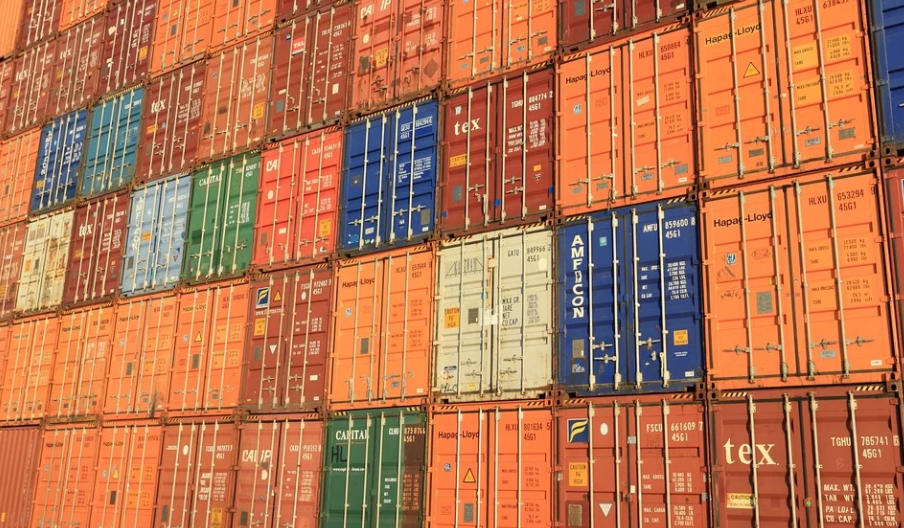Half of businesses are not transparent about sustainability
10th September 2021

UK businesses admit they are not being transparent enough with consumers and customers about the true sustainability of their supply chains, research by the Chartered Institute of Procurement & Supply (CIPS) has found.
The survey of 318 UK supply chain managers found that nearly half (48%) do not believe their organisation is transparent enough with consumers, clients and regulators about sustainability, with 19% admitting they don’t even know how sustainable their products are themselves*. However, only 5% feel their marketing actively misleads clients or customers about sustainability.
What are the top barriers preventing businesses from building more sustainable supply chains?
- The challenges of Covid-19 made it difficult to focus on sustainability – 43%
- A lack of supply chain sustainability data – 27%
- The business is unwilling to invest in sustainability – 27%
- A lack of relevant skills – 22%
- Senior executives do not see sustainability as a priority – 17%
The news comes as the CMA prepares for a new crackdown on misleading environmental claims made to consumers. The survey suggests that a surprising lack of procurement involvement in setting corporate sustainability strategy in the UK is at least partly to blame. Much of the UK’s carbon footprint is generated abroad, several tiers down the supply chain in the extraction of raw materials, manufacturing of products and transportation.
The procurement function has a crucial role in understanding, measuring and addressing the sustainability of this supply chain but 1 in 5 (19%) of UK supply chain managers said they were not involved at all in their organisation’s sustainability strategy, while 43% said they were only lightly involved. A further 18% said they were unaware of any corporate sustainability strategy at all.
Malcolm Harrison, Group CEO, Chartered Institute of Procurement & Supply (CIPS), said: “The choices UK businesses make ripple through their supply chains to impact everything from water security and carbon emissions, to waste management and deforestation in other countries. Much of an organisation’s environmental impact will be outside their internal boundaries, and it is important that organisations understand this complexity so they can begin to track, communicate, and address the sustainability of their own unique supply chain.
“Collaboration is critical to tackling climate change. This includes internal collaboration, between marketing teams and the supply chain managers, and external collaboration between suppliers across the supply chain. No one organisation can solve climate change on their own and there needs to be more initiatives encouraging competitors to collaborate together to improve the sustainability of common supply chains.
“Sustainability strategy must be led by the CEO but it requires input from across the business and procurement is perhaps the most crucial ingredient. Supply chain managers can take a more active role by improving their skills in this area and being more vocal internally about the importance of supply chains in addressing sustainability issues. We all have a role to play to help meet our climate change goals and the time to act is now.”
Businesses set to miss 2050 net zero target
In 2019 the UK set a goal of reaching net zero emissions by 2050, a target with particular importance given the UK’s role as host of the COP26 climate conference at the end of the year. However, two years on from the commitment only 59% of supply chain managers believe they will be able to deliver against the target. Worryingly, 1 in 10 (11%) of UK supply chain managers said their business has done nothing since 2019 to improve the sustainability of their supply chains.
There have, however, been some positive signs of progress with 53% stating that since 2019 they have begun taking sustainability into account when choosing suppliers and 36% saying they have redesigned products to reduce waste, increased the use of recyclables or introduced more sustainable materials.
* Findings were drawn from a survey of 318 UK supply chain managers. The survey ran from 28th July to 10th August 2021.

